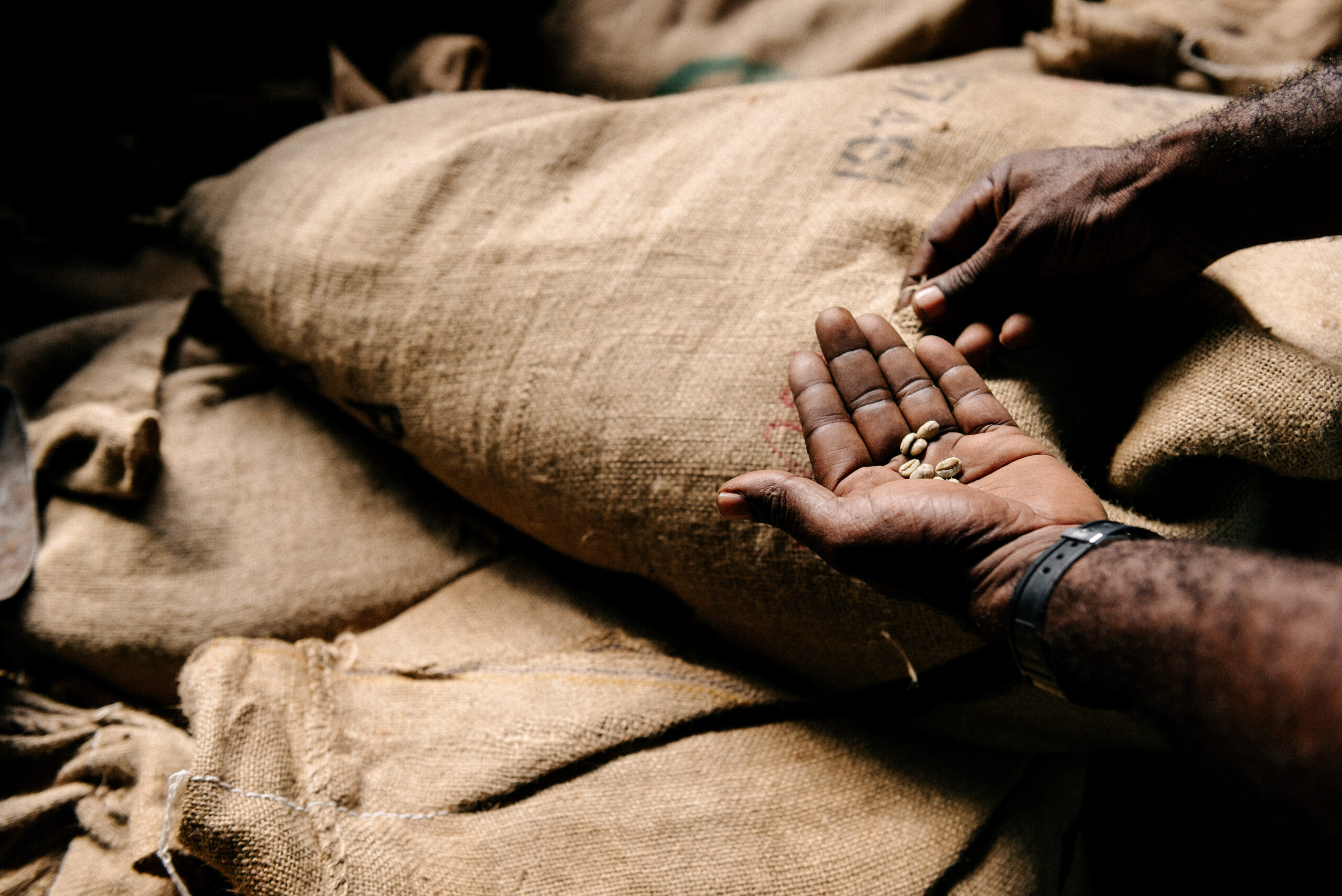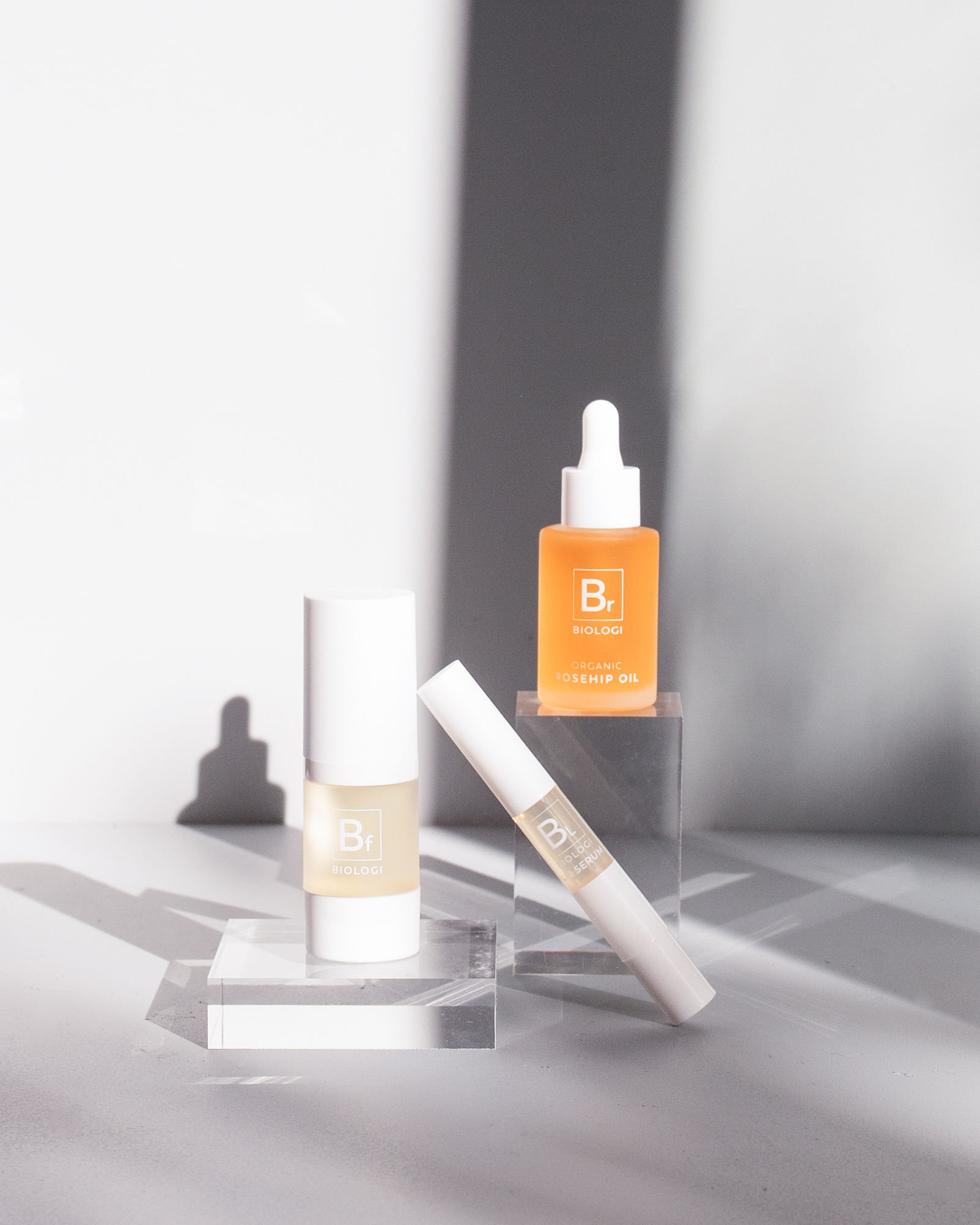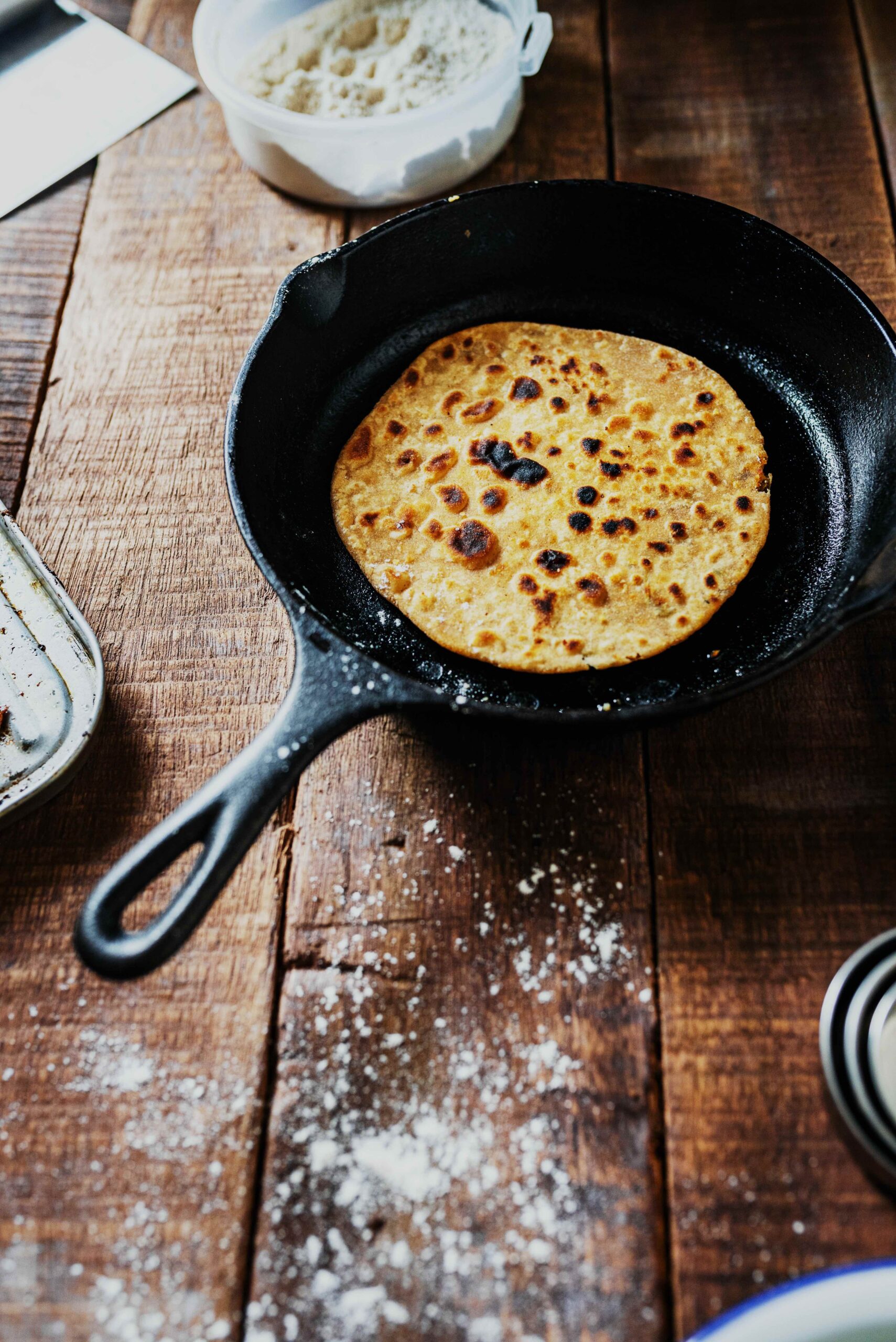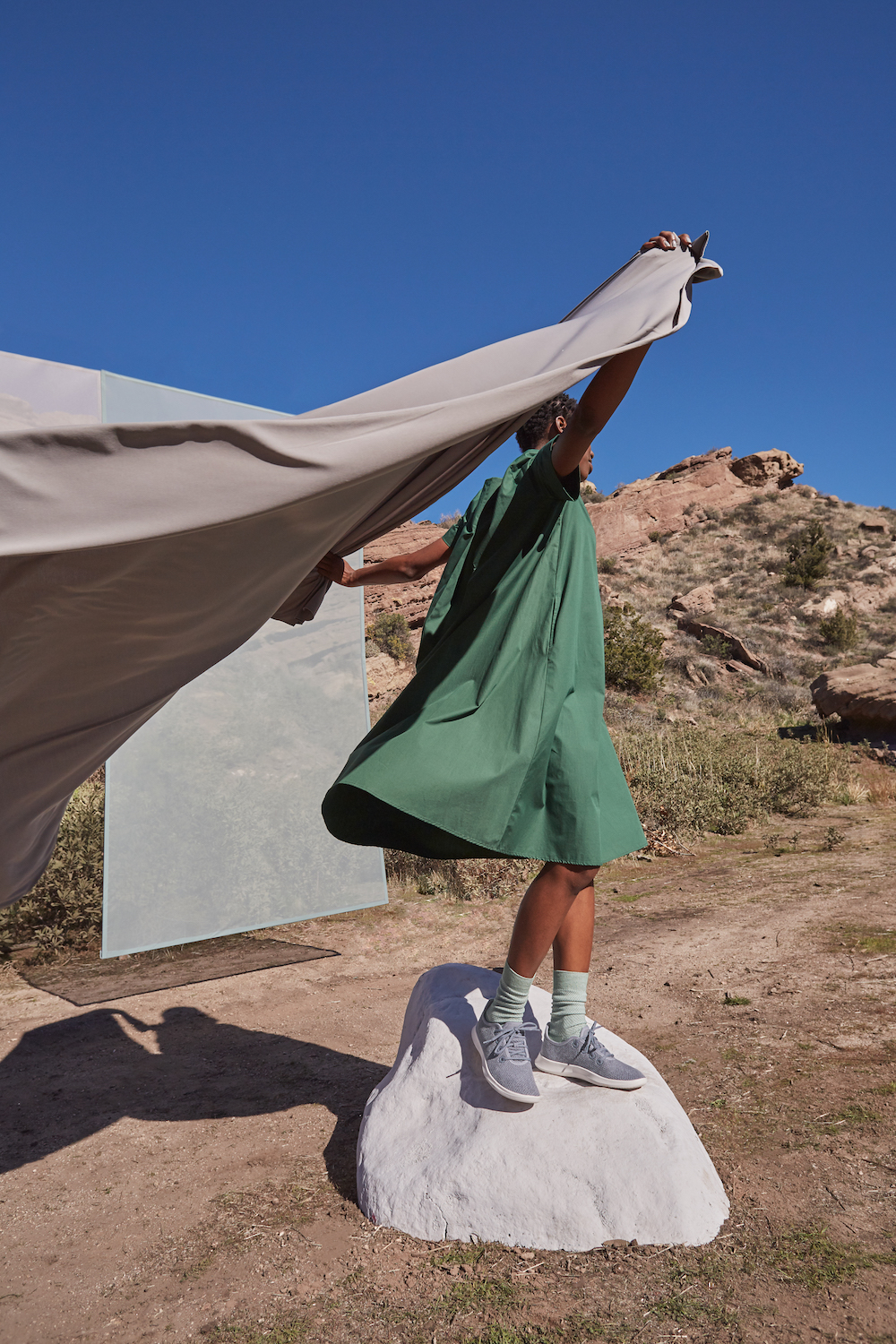Whether you enjoy your coffee black or with a touch of oat milk, International Coffee Day is all about celebrating this much-loved beverage and the growers behind it!
Looking at some of the easy ways we can support coffee growers and farmers in the Pacific region, Molly Harriss Olson, CEO of Fairtrade ANZ, gives us a better insight into Fairtrade coffee, climate change and the power of our coffee cup.
International Coffee Day is being celebrated this Friday, October 1st. What can we do to celebrate and raise awareness of coffee farmers and growers in the Pacific Region?
The first step is to learn about the issues facing coffee growers and farmers – if you enjoy coffee then it’s important to know about the journey from crop to cup and the challenges on the way.
The second is to take real action by choosing to buy only the brands that provide a fair return to farmers and their communities while helping to build their capacity to adapt to climate change.
The best of these is Fairtrade coffee, of course.
Third is to demand climate action from the coffee companies and governments to ensure all products, business models and economies are committed to net-zero targets consistent with the Paris Agreement.

How is climate change affecting coffee growers in the Pacific Region?
Farmers around the world are at the forefront of climate change because they face its impacts every day, but they are also our front line of defence through climate change adaptation and mitigation measures.
In the Pacific, the greatest impacts have been because of changes to weather conditions in coffee-producing areas which make it really difficult to know when the best time to harvest is going to be.
There have also been reductions in productivity because of changes in weather patterns and an increase in the prevalence of plant diseases and pests.
We are working hard with the farmers in the Pacific to develop solutions to these problems and also to investigate other sources of income like carbon trading.
What are some of the biggest challenges facing coffee growers and roasters today?
For farmers, the biggest challenge is getting a sustainable price that covers the costs of production and getting access to finance.
The coffee supply chain is long and complicated because the beans have to be harvested, dried, processed, exported and roasted.
Fairtrade farmers usually get paid as soon as they sell their beans, but many others don’t receive payment until much later when the coffee has been milled and roasted meaning that they can be without an income for months at a time.
Fairtrade farmers also receive the Fairtrade Minimum Price for their coffee so that even when the international coffee price is fluctuating wildly, they have certainty about the minimum price they will receive.
Of course, if the coffee prices are high, then Fairtrade farmers get the higher prices instead.
At the moment, access to the market is limited because of travel restrictions and some countries are also facing labour shortages.
Roasters must deal with these supply issues as well as extra difficulties around moving freight from the countries of production to where the coffee is sold and consumed – many shipping containers are currently stuck in USA and Europe.
Coffee is grown all around the world, where do most of the beans available in NZ come from?
The majority of coffee imported into New Zealand comes from Brazil which is generally one of the biggest coffee exporters in the world.
However, there are many other speciality coffee-producing countries including our near neighbours in PNG.
While PNG produces less than 1% of the world’s coffee, it’s one of the biggest imports from PNG to NZ and 2.5 million families in PNG rely on coffee exports for their livelihood.

What is your favourite coffee and where do you like to source beans from?
For me, coffee just tastes better if it’s FAIR.
I can really only sit back and enjoy a coffee if I know that its good for the planet and its people.
And, I could never choose one Fairtrade coffee over another (that really wouldn’t be FAIR) but there’s a wonderful spectrum available in NZ starting with speciality coffee from roasters like Kokako to the more widely accessible coffee at Wild Bean cafes around the country.
What have been some of your biggest challenges to date as CEO of Fairtrade ANZ?
I’ve been CEO of Fairtrade ANZ for the last 7 years and before that I was the Chair of the Board of Fairtrade International.
Few periods have brought challenges like the ones we’ve all faced in the last year, especially disempowered farmers who are, even in normal circumstances, struggling to keep up with the costs of living.
The pandemic has made the gap between the rich and poor even more stark.
The reality is that most people in the world live in poverty. Eighty-five per cent of the world’s population live on less than $30 per day, two-thirds live on less than $10 per day, and every tenth person lives in extreme poverty of less than $1.90 per day.
I believe that Fairtrade can change this because it’s a system that is engineered to make trade fairer and this is more important for the most vulnerable than ever before.
So, I suppose my biggest challenge is to keep working tirelessly in what I believe in, even as we are faced with other risks from climate change, resource scarcity and rapid urbanisation.
Ultimately, I think that every person has the power to make choices that will change the world.







